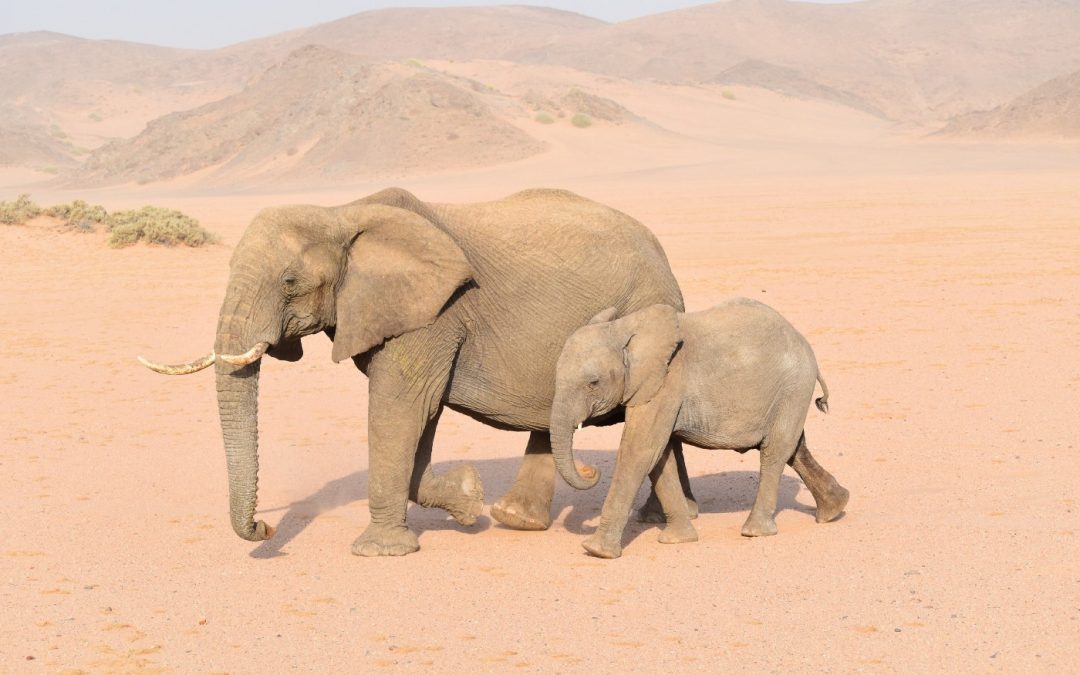Our world is teetering on the brink of a crisis, or maybe the crisis is in full swing, depending on where you are sitting. With uncertainty and change all around I was searching for words of encouragement from someone leading the way forward in a positive and meaningful way. I found them in an interview between Kenneth Chenault and Joel Kurtzman, editor in chief of The Korn/Ferry Institute’s Briefings on Talent and Leadership.
Kenneth Chenault is one of the first African Americans to become CEO of a Fortune 500 firm, the American Express Company. He served as its CEO from 2001–2018. He was named chairman and CEO five months prior to the terrible events of September 11, 2001. American Express took a hit in all its lines of business: charge and credit cards, financial and investment services, travel and insurance.
It was also hit physically. Their head office was opposite the World Trade Centre and was damaged by the collapse. It took nearly a year to rebuild and during the process 4,000 people who worked there had to be relocated. Seven years later the world plunged into the Great Recession.
It was during these times that Chenault realized a leader’s reputation is made in times of crisis.
What leaders do in times of crisis
In the interview with Kurtzman Chenault discusses what leadership means in these difficult, frightening and challenging situations. He says, “You have to understand the feelings people have in a crisis. The uncertainty they feel, the anxiety they have. And you have to acknowledge to them that ‘this is indeed frightening.’ But you also have to explain that there are good reasons why they should also feel confident.”
He goes on to explain, “Prior to any crisis, you have to have built integrity, which I think is the foundation of leadership. I say that because I can give you the most rational strategy and you might say, “Well, wait a minute, 9/11, the downturn, and you’re telling me we’re going to be fine?” In a crisis, with even the most rational strategy, there has to be a trust. It has to be there because how else can people believe in the strategy or in leadership unless they’ve seen consistency?
People are also looking for courage. I define courage in this context as a willingness to make tough calls, to speak up about issues. And they also look for compassion. Real compassion. ‘Does the leader care about me?’ ‘Do the leaders care about the company or do they just care about themselves?’
What’s more you have to be absolutely decisive. And that means you may bruise some feelings. But you’ve got to risk people being upset with you, because you have to take action. So, what was important both in 9/11 and in the financial crisis was that very early on I asserted what were the key priorities that we needed to focus on as a company.
In the financial crisis I came up with what I called the mantra, which were our three priorities. They were based on my assessment of the environment and what I thought was important to motivate and galvanize the organization, because part of what I think a leader has to do is motivate followership around a vision.”
Learning from a leader
The specifics of those priorities, which are more relevant to the context, are not as important, as the fact that Chenault identified areas that would be a rallying cry for the people in his company. A cry people took up because they trusted their leader and wanted to direct their efforts towards something that made sense.
I’m not sure we are the recipients of this kind of leadership at the moment. But for one I am grateful that there are leaders like Chenault, who even in different times of crisis, took up the reigns with strength, insight and care.
I also receive his words from across time as encouragement now. Lastly, if Chenault can lead in this fashion, maybe I and others in leadership positions can follow his example. We need leaders of integrity and stature, decisiveness and courage; people who face reality head on, but choose to hope and move forward with determination.
In Chenault’s words, “It is the role of a leader to define reality and give hope.” This is something we can all do.

